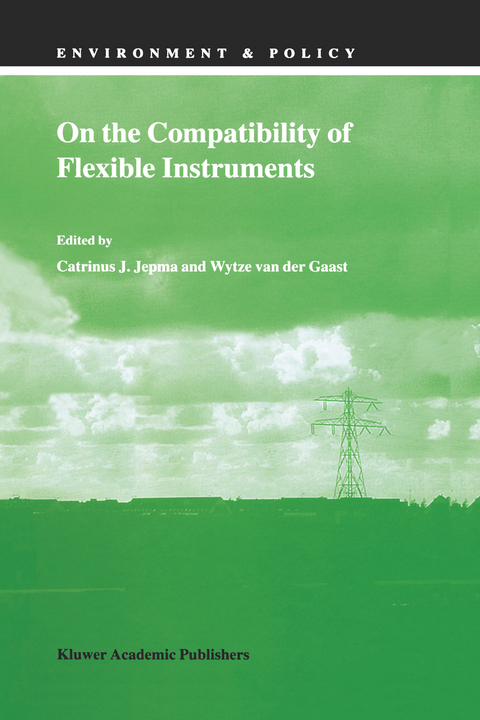
On the Compatibility of Flexible Instruments
Springer (Verlag)
978-94-010-5973-2 (ISBN)
One: General Overview of Flexible Instruments’ Issues.- 1 Flexible Instruments’ Carbon Credits after Kyoto.- 2 Strengthening the Economy through Climate Change Policies: the Case of the Russian Federation.- Two: The Clean Development Mechanism.- 3 The Clean Development Mechanism: Unravelling the ‘Mystery’.- 4 Creation and Sharing of Credits through the Clean Development Mechanism under the Kyoto Protocol.- 5 An Exploration of Possible Crediting Regimes for the CDM.- 6 Additionality, Transactional Barriers and the Political Economy of Climate Change.- Three: International Emissions Trading.- 7 Towards a Successful International GHG Emissions Trading System.- 8 Administrative and Compliance Issues Related to International Emissions Trading.- 9 Designing a Domestic GHG Emissions Trading System: the Example of Norway.- 10 On Equity and Developing Country Participation.- Four: Compatibility of the Flexibility Mechanisms.- 11 Meeting the Kyoto Commitments using JI, CDM and IET: Opportunities, Risks and Constraints at the Practical Implementation Level.- 12 The Kyoto Mechanisms and the Need for Commercialised Offsets Trading.
| Reihe/Serie | Environment & Policy ; 19 |
|---|---|
| Zusatzinfo | XII, 171 p. |
| Verlagsort | Dordrecht |
| Sprache | englisch |
| Maße | 160 x 240 mm |
| Themenwelt | Naturwissenschaften ► Biologie ► Ökologie / Naturschutz |
| Naturwissenschaften ► Geowissenschaften ► Geologie | |
| Recht / Steuern ► EU / Internationales Recht | |
| Recht / Steuern ► Öffentliches Recht ► Umweltrecht | |
| Sozialwissenschaften ► Politik / Verwaltung ► Politische Theorie | |
| Technik ► Elektrotechnik / Energietechnik | |
| ISBN-10 | 94-010-5973-X / 940105973X |
| ISBN-13 | 978-94-010-5973-2 / 9789401059732 |
| Zustand | Neuware |
| Informationen gemäß Produktsicherheitsverordnung (GPSR) | |
| Haben Sie eine Frage zum Produkt? |
aus dem Bereich


